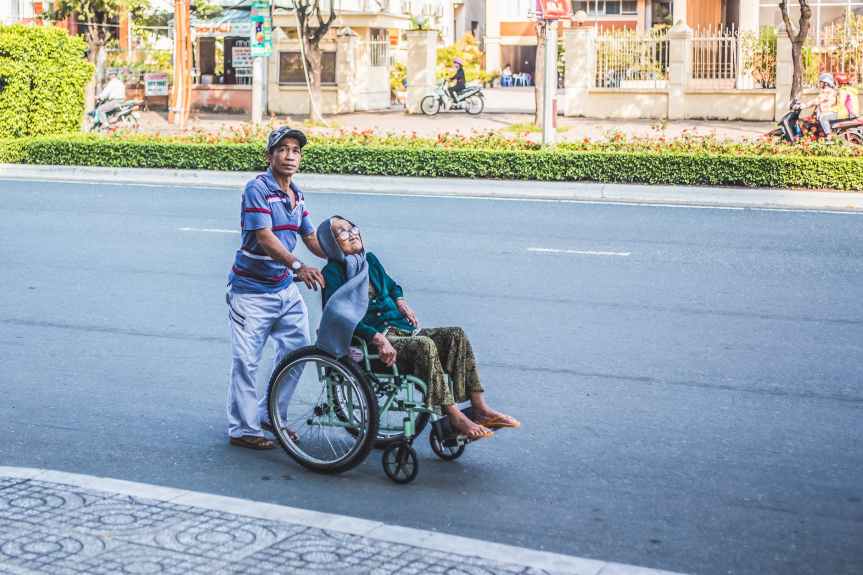By Roz Jones
As a caregiver, you may find yourself in the position of providing care for a family member who is incarcerated. This can be a difficult and challenging experience, but there are steps you can take to make it easier on both you and your loved one. Here are some tips on how to provide care for a family member in jail.
- It can be difficult to maintain contact with a family member who is incarcerated. You may feel like you’re always playing catch-up, trying to figure out what’s going on in their life. The best way to stay connected is to set up regular communication, whether that’s through phone calls, letters, or visits.
- If you’re able to visit your loved one in jail, take advantage of that time by really listening to them and chatting about things other than their current situation. It’s important for them to know that you still see them as the same person, despite their current circumstance. And if you can’t visit, make sure to keep the lines of communication open so they know they can reach out to you whenever they need to.
- When it comes to providing care for a family member in jail, one of the most important things you can do is make sure they have access to health care. In many cases, inmates are not given the same level of medical care as they would be if they were not incarcerated. This can lead to serious health problems down the road.
- If your loved one has a chronic condition, make sure they are receiving the medication and treatment they need. If they need surgery or other medical procedures, advocate for them to get the care they need. In some cases, it may be possible for you to bring them outside medication or supplies if the jail does not provide them.
- It’s also important to make sure your loved one is getting enough exercise and healthy food. Inmates are often confined to small spaces with little opportunity for physical activity. And while the food served in jails is typically nutritious, it’s often not very appetizing. If possible, send your loved one care packages with healthy snacks and other treats that will help them stay fueled throughout the day.
If you have a family member in jail, know that you are not alone. Millions of Americans have a loved one in jail, and there are things you can do to help them through this tough time. Providing care for a family member in jail can be challenging, but it’s important to do what you can to support them through this difficult time. It’s also important to remember that your loved one needs your support now more than ever. By staying in communication and advocating for their health and well-being, you can help make their experience just a little bit easier.
Follow My Pinterest to Stay Updated On Tips About Caregiving!
(Click the link below to follow my Pinterest Account)
ATTENTION: INSTAGRAM UPDATE!!!
Thank you for your patience with me as I attempted to gain access to my Instagram account @rozjonesenterprises! Unfortunately, I have been prompted to create a NEW Instagram account.
Be sure to follow my new Instagram page @rozcaregiverconsulting!
(Click the link above to access my new Instagram page with ease!)
Subscribe to The Caregiver Cafe Weekly Newsletter!

1. YOU ARE NOT ALONE: The problems you face as a caregiver are experienced by other caregivers. Knowing that you’re not alone can be comforting.
2. Tools and Resources: Find caregiver stress management tools and gain perspective from other caregivers’ experiences.
3. LEARN TO: Ask for help, accept help when it is offered, and acknowledge yourself on this caregiving journey. Hear from experts on how to balance caregiving responsibilities by taking care of your needs and involving others to help manage the natural stress and isolation of being a caregiver.






